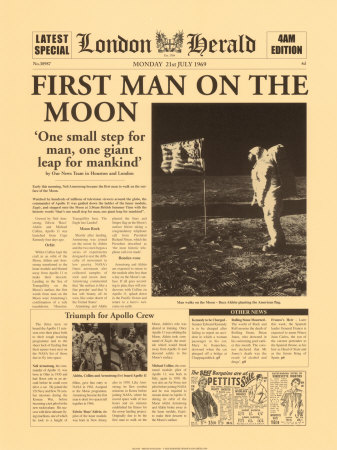The 1960's is said to be ones of the most dramatic era's of time when it comes to change politically, scientifically and socially. But was it necessarily for the better?
At the start of the sixties, the Conserative Government was in charge of Britain's politics up until 1964 when the Labour party was voted until 1970. In the book, Jeanette speaks of how "at election time in a Labour mill town she put a picture of the Conservative candidate in the window." But it seems when we think back to the sixties, all we can envisage is the image. The fashion. The hair and makeup. The look was fabulous but it seems politics and the economy maybe have been plastered over with layers of fabrics and bright colours.
'What did they want? Everything. When did they want it? Now. When would we pay? Later". Quoted from the BBC documentary below.
This video gives a more alternative insight into the amazing 'Swinging Sixties' that you can read about today. But is this more of a realistic perspective rather than the shiny and perfect era we been lead to believe?
On the other hand there were incredible discoveries...
Development in hospitals and the NHS raised dramatically and the first heart transplant was performed in 1967. Improvement in health conditions of the general public.
The sixties saw the first man in space and then in 1969 the first humans walked on the moon. Could this have inspired people to truly for fill their dreams, and that is anything possible?

England won the world cup in 1966, an amazing achievement after the pain and sorrow of the second world war. Raising hope and more of a patriotic society.

Communications improved dramatically. The audio cassette was invented, Sony launched it's video recorder and the first Touch-Tone telephones were introduced.
This decade saw a strong increase in televisions in the home, classic programs such as 'Corrination Street' and 'Dr Who' being aired, the first colour screen channel and the launch of BBC 2.
The 1970's saw even more development with technology such as the walkman stereo's, mobile phones and emailing. Technology took a dramatic speed up where communication became easier and more accessible.

Coal mines were shutting down due to the decrease in need for coal. Instead electricity would come from power stations burning oil or gas. This began the decrease in jobs and slowly a recession developed making the living standards of the working class harder.

No comments:
Post a Comment